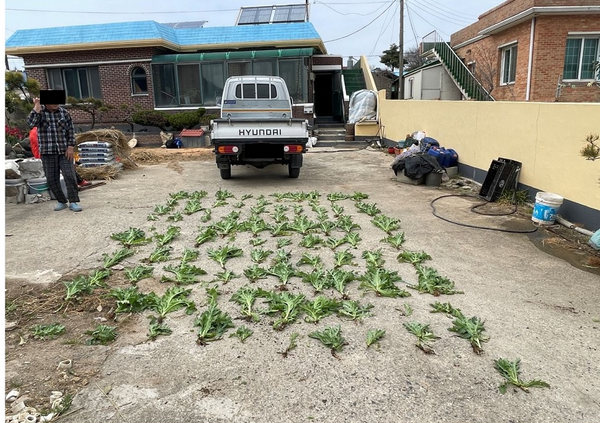The Korea Coast Guard said Monday that it will crack down on the illegal cultivation and use of hemp and poppy until July 31, as the poppy blooming season and hemp harvesting season approaches.

Among the narcotics regulated by Korean law, the poppy is classified as a natural narcotic because opium can be extracted from poppy berries and processed into powerful drugs such as morphine, heroin, and codeine.
Although large-scale poppy cultivation for opium production is rare in Korea, some fishing villages and island communities grow poppy on a small scale for folk medicine, as some mistakenly believe it has high efficacy for stomach aches and labor pains.
Similarly, hemp can only be grown for very limited purposes, such as for fiber or seed by licensed hemp growers or academic researchers.
However, law enforcement agencies have recently detected marijuana cultivation and distribution in rural fishing and island areas, as well as in urban centers where people have set up equipment inside homes to evade the monitoring of the authorities.
To proactively enforce the ban on the cultivation of hemp and poppy-containing drug ingredients, the coast guard plans to use banners, billboards, and social networking services (SNS) to publicize the crackdown.
It also plans to crack down on illegal cultivation in concealed places, such as greenhouses, kitchen gardens, and gardens in fishing villages, to block the supply of narcotics.
The coast guard stressed that not only cannabis characterized by hallucinogenic properties but also products made from it and chemical synthetics such as cannabinoids are subject to crackdown and punishment under Korean law.
Anyone caught cultivating, selling, or using cannabis and poppies without a license to handle narcotics or a cultivation permit is subject to imprisonment for up to five years or a fine of up to 50 million won ($38,179), according to the Narcotic Drugs Control Act.

